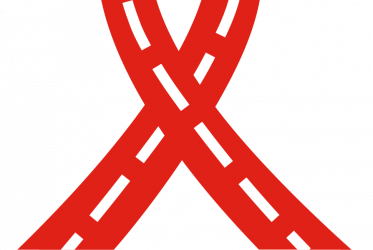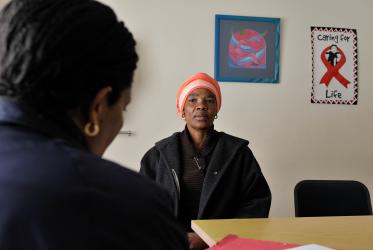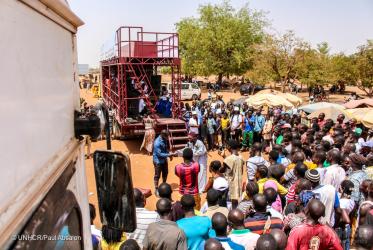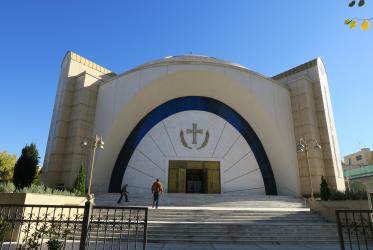Displaying 101 - 120 of 173
17 July 2016
AIDS 2016 Media Guide
15 July 2016
‘Unprecedented times of hopelessness’ in Holy Land
11 July 2016
Local work by faith-based groups key to ending AIDS
27 June 2016
God’s forgotten children
20 June 2016
Faith at AIDS 2016: WCC preparing for faith in action
10 March 2016
WCC convenes strategic meeting on sustainable development goals
11 February 2016
Rebuilding a smashed church in Albania
23 December 2015
Orthodox church in Albania resurrected
23 December 2015
In Albania, churches’ share of health care has grown in new era
23 December 2015
Person with disability shares reflection on AIDS conference
10 December 2015









